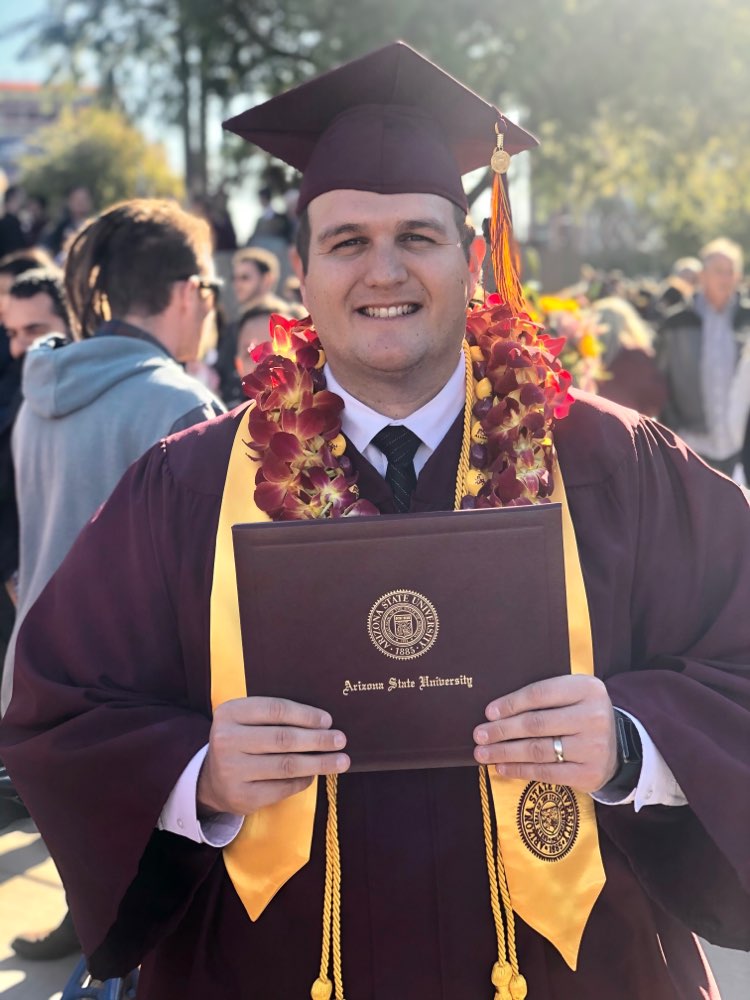December 2016 LSAT - Section 4 - Question 17
When expert witnesses give testimony, jurors often do not understand the technical information and thereby are in no ...
Replies

Skylar December 20, 2019
@tomgbean,Yes, (B) does require that at least one jury was unable to determine that one expert is more reliable than the other. However, this is acceptable because the passage describes circumstances that "frequently" lead to "leaving the jury unable to assess the reliability of their [expert witnesses'] testimony." Therefore, we can infer safely that at least one jury could not assess a difference in reliability and therefore made their decisions on other criteria.
Does that make sense? Please reach out with any other questions!
tomgbean December 20, 2019
Thanks Skylar.
Ravi January 16, 2020
@tomgbean, let us know if you have any other questions!
DevinFuller August 25, 2023
I was in the same boat - B was the only one that made any sense at all. But I mainly got there by process of elimination. Can we get a break down on how to attack this question? Thank you for all you guys do!
Emil-Kunkin September 3, 2023
For a moment strongly supported question, the right answer is often a general scenario that is proved possible by the passage.Here the passage tells us that expert witnesses are sometimes problematic, and that juries are at times unable to assess their claims well. This is an example of a case in which the reliability of those testimonies is not necessarily the only factor in a jury's analysis of them. So, if the passage is true, it must be the case that at least sometimes jury decisions are not determined by the reliability of expert testimony.
That said, I would likely still make sure to eliminate the other 4 answer choices, since B does feel a little nebulous despite the fact we can support it with the facts.